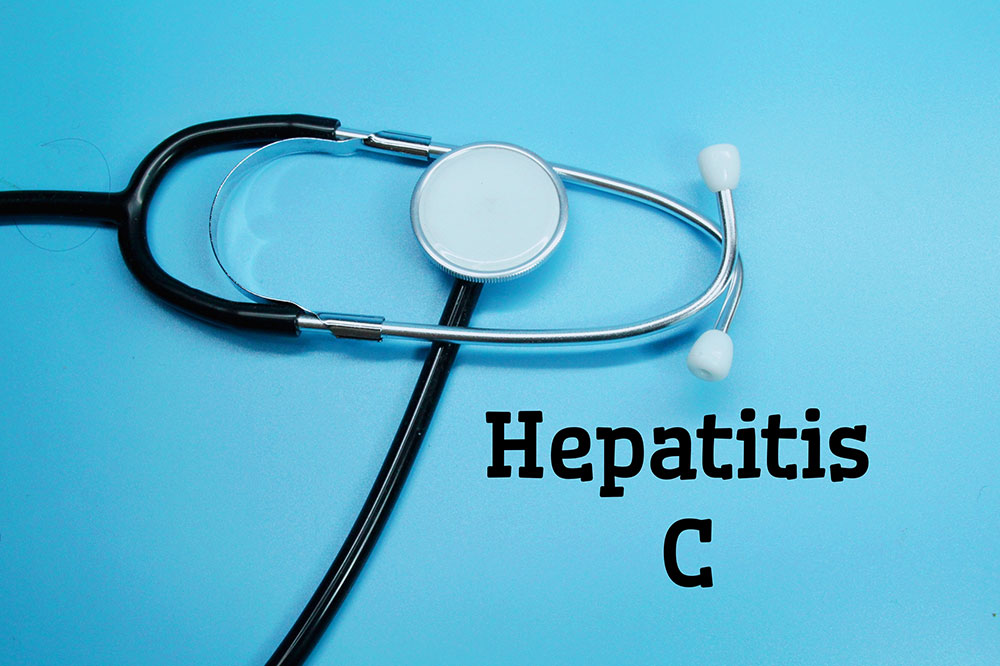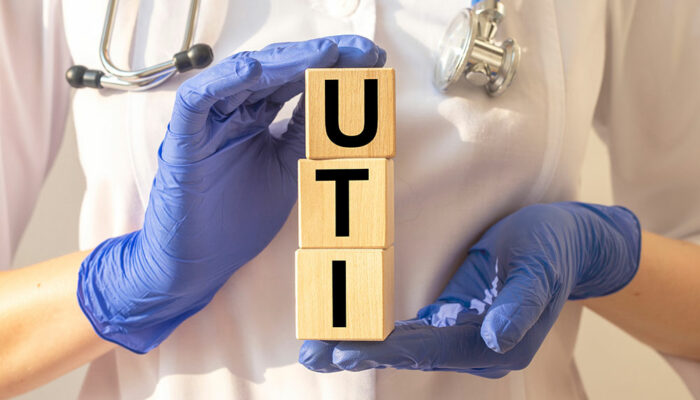
Nutritional Guidelines to Manage Hepatitis C
Infections caused by the Hepatitis C Virus (HCV) cause damage to the liver, like the other hepatitis viruses. Transmission is through the blood, and this virus differs from the others since it is an acute infection that can develop into chronic hepatitis if not treated within 12 weeks. Apart from the treatment, paying attention to what one eats can go a long way in mitigating hepatitis symptoms and slowing the progression into a chronic illness.
1. Importance of following a specific diet to manage hepatitis C
The liver is a part of the digestive tract. It plays a vital role in detoxing the body by removing harmful substances from the food we eat. When infections like that caused by hepatitis C inflame the liver, the walls get thicker, and detoxing becomes a more laborious task. Medications reduce inflammation, but by eating the right foods, you can ease the pressure on the liver and make faster recovery.
2. Hepatitis and its effect on one’s appetite and eating patterns
Hepatitis C does not necessitate a special diet, but having a specific diet helps reduce pressure on the liver. The virus and treatment affect appetite in various ways. Interferon treatment causes nausea, vomiting, and soreness in the mouth and throat. In later stages, as cirrhosis begins, HCV patients become poorly nourished and lose appetite and energy.
3. Foods to eat
A healthy, balanced diet is good for everyone, especially those with hepatitis C infections. Fruits and vegetables are rich in numerous vitamins and minerals, all of which help the liver function efficiently. It is best to eat fresh produce, but doctors do not prohibit frozen or canned fruits and vegetables. Five portions a day is the recommendation. Leafy vegetables, like kale, spinach, lettuce, and cabbage, are especially good for hepatitis C patients since they reduce the fatty acid build-up in the liver. Proteins are essential for augmenting bodily tissues. It minimizes the risk of diabetes and obesity, both of which increase pressure on the liver.
Remember to include turkey, tofu, eggs, cheese, nuts, and seeds in the diet. Complex carbohydrates are necessary and should substitute simple carbs in your diet. They are not only energy-giving but also provide complex B vitamins, zinc, and fiber. Potatoes contain insoluble fibers that have a protective effect on liver health. While many people say coffee is unhealthy, it actually has a protective effect on the liver, reducing the levels of liver enzymes, which are indicators of inflammation.
Seven to eight glasses of water a day is necessary to ensure detoxification is converted into waste and eliminated along with urine. Garlic is an excellent spice to boost immunity and lower inflammation, both of which can improve the functioning of the liver.
4. Foods to avoid
Saturated fats are the primary cause of fatty build-up in the liver and can speed up cirrhosis associated with hepatitis C. Stay away from meat, full-fat dairy, and fast foods. Salt intake results in the accumulation of fluid in the abdomen, making inflammation worse. Sugar is also a no-no since high blood sugar levels are associated with the risk of diabetes. Iron-fortified food and iron-rich foods can overload the liver.



